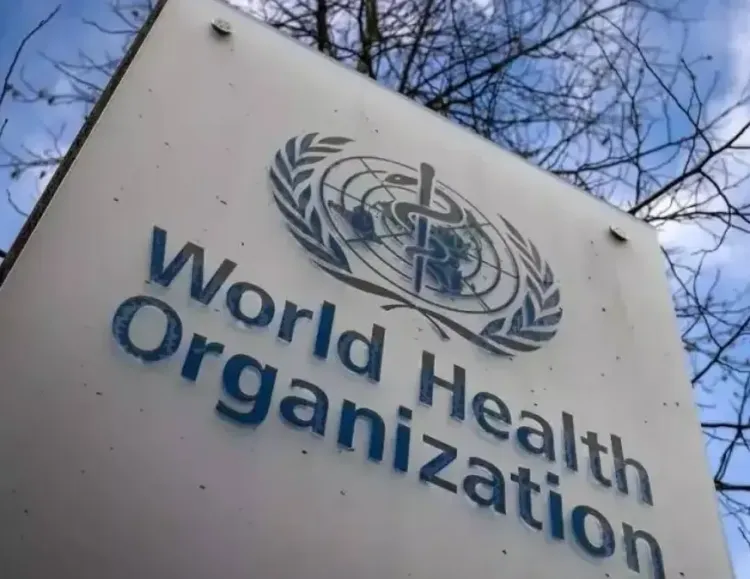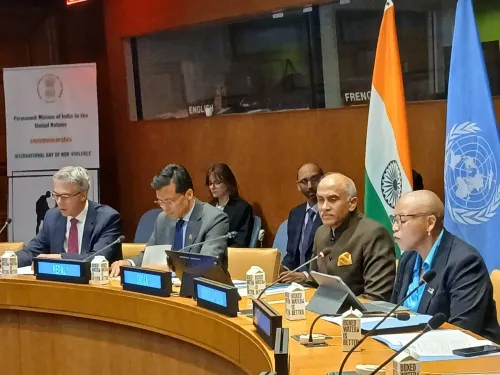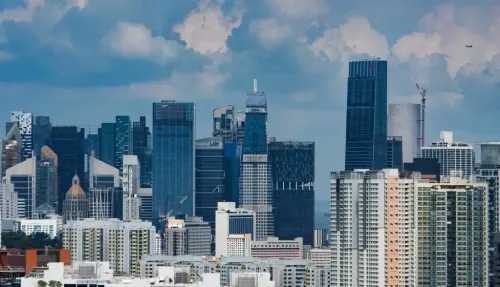Is the Ebola Outbreak in Congo Declining?

Synopsis
Key Takeaways
- Initial signs of decline in Ebola cases.
- Community engagement is vital for vaccination efforts.
- Funding gaps are a major challenge for response.
- Health workers and contacts are prioritized for vaccination.
- Continued control measures are essential.
Kinshasa, Oct 3 (NationPress) The Ebola outbreak in Kasai Province of the Democratic Republic of the Congo (DRC) is displaying initial signs of reduction; however, financial shortages and logistical hurdles continue to obstruct response initiatives, health officials reported.
Patrick Abok, acting regional emergency director at the World Health Organization (WHO) Regional Office for Africa, stated during a virtual press briefing that nearly 30 days into the response, the incidence of new cases has started to decline — "a solid indication that our interventions have started to make an impact."
As of Wednesday, there have been a total of 64 reported cases, with 42 fatalities, while 12 patients have successfully recovered and been released.
The Congolese government announced the outbreak on September 4, marking the nation's 16th Ebola outbreak since the virus was first identified in 1976, as per reports from Xinhua news agency.
To date, over 8,000 frontline health workers, confirmed case contacts, and their contacts have received vaccinations. An upcoming campaign aims to distribute 18,000 doses across 19 localities in Bulape to safeguard vulnerable populations and limit the virus's spread, the WHO Regional Office for Africa revealed in a statement on Thursday.
While cases reported in the last three weeks indicate a downward trend, it remains crucial to sustain and enhance control measures, the statement emphasized.
Mory Keita, WHO Ebola incident manager, characterized the Kasai outbreak as "unique," highlighting significant community involvement. "Unlike previous outbreaks, we have not encountered resistance. Village leaders themselves are advocating for vaccinations, which speeds up our interventions," he noted.
Nevertheless, only 21 percent of the $20 million required for the response has been obtained. The WHO and its partners have requested an additional $66 million to bolster preparedness in neighboring nations, Abok indicated.
The DRC last declared the conclusion of an Ebola outbreak in September 2022, following the confirmation of a case in the eastern province of North Kivu.
Ebola represents a highly infectious hemorrhagic fever that results in various symptoms including fever, vomiting, diarrhea, widespread pain, and malaise, along with potential internal and external bleeding, according to the WHO.









